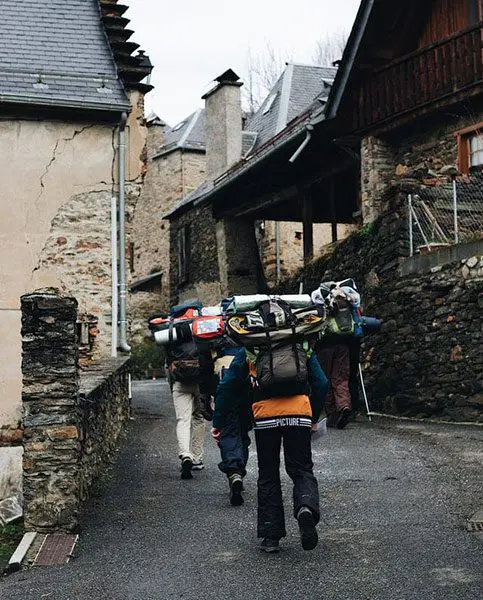Liraz Postan
Liraz is an International SEO and Content Expert with over 13 years of experience.


Taiwanese is not Mandarin, Mandarin is just 1 of the 5+ languages spoken in Taiwan. So if you’re traveling to Taiwan you’ll need some basic Taiwanese phrases to get by.
Because Taiwanese is not Mandarin – it’s a dialect known as Hokkien, and it’s quite different and also quite common in the everyday lives of the Taiwanese people. So, if you want to be able to act like a local as you have your Taiwan adventure, here are some of the phrases you’ll need.
Let’s start at the very beginning: Hello. You can greet the Taiwanese like a local by saying lí-hó (for one person) or lín-hó for more than one. Obviously, these are “westernised” phonetic renderings, nothing like the way these words are actually written!

A very common greeting you’ll encounter when entering people’s homes is lí chia̍h pá bōe, which translates to have you eaten? It’s not always meant literally; it’s really a general inquiry into your health and wellbeing. Unless you know what you’re doing, stay with the polite response I am full, chia̍h pá ah.
It’s always polite, in any culture, to ask someone’s name: chhiáⁿ-mn̄g, lí kùi-sèⁿ? If someone asks your name, you can reply with góa kiò ________.
Variously, though the day, you can maintain your reputation as a polite and thoughtful tourist by memorizing the various appropriate greetings: Good morning (gâu-chá), Good afternoon (gō-an), Good evening (àm-an), Good night (àm-an), and of course a simple Goodbye (chài-kiàn).
The phrase I don’t understand (góa thiaⁿ-bô) will serve you well throughout your travels. There are three ways people will say Thank you: to-siā, kám-siā, or ló làt. In response, you should say bián kheh-khì, which is just a polite acknowledgement. Also vital to staying on everyone’s good side is knowing how to say please – truly a universal sentiment in most languages – which is chhiáⁿ in Taiwanese.
When shopping, you can ask how much is this with lōa-chōe/chē chîⁿ (and then nod wisely and pretend you understood the response!). If you’re lucky enough to have a sponsor (or are optimistic you’ll meet one there) you can practice saying this gentlemen/lady will pay for everything, which is chit-ūi sian-seⁿ/sian- siⁿ/sian-sé beh/boeh chhiáⁿ lì. Good luck with that one!
If you get into trouble while touring Taiwan, you can call for help by shouting kiù-miā! And you can ask someone to call the police by saying kiò kéng-chhat. And of course, the most drastic emergency of them all: Where is the toilet? which you can ask by saying piān-so tī tó-ūi?
Looking for localization services or translation services? Contact us today!
What our customers are saying